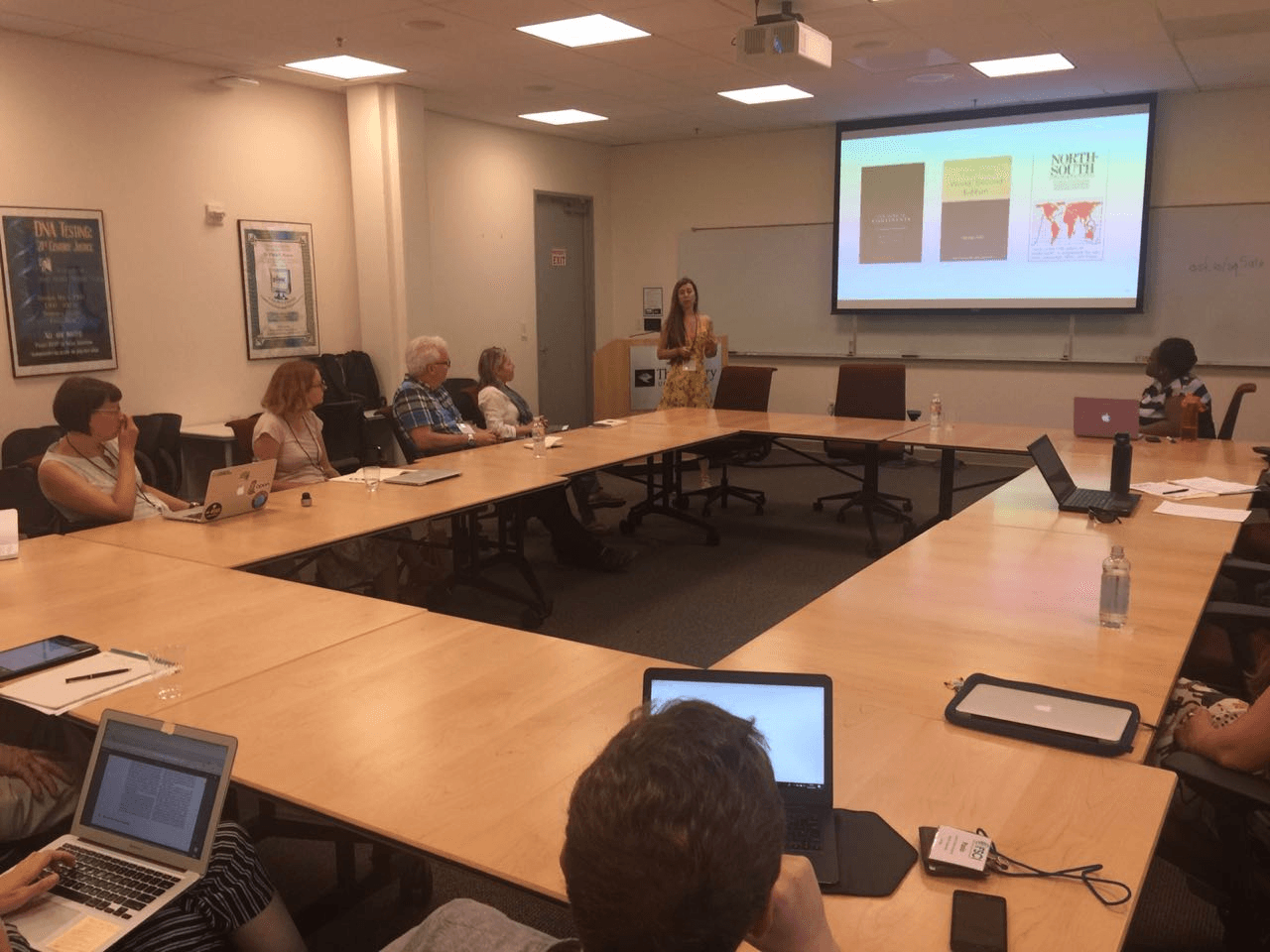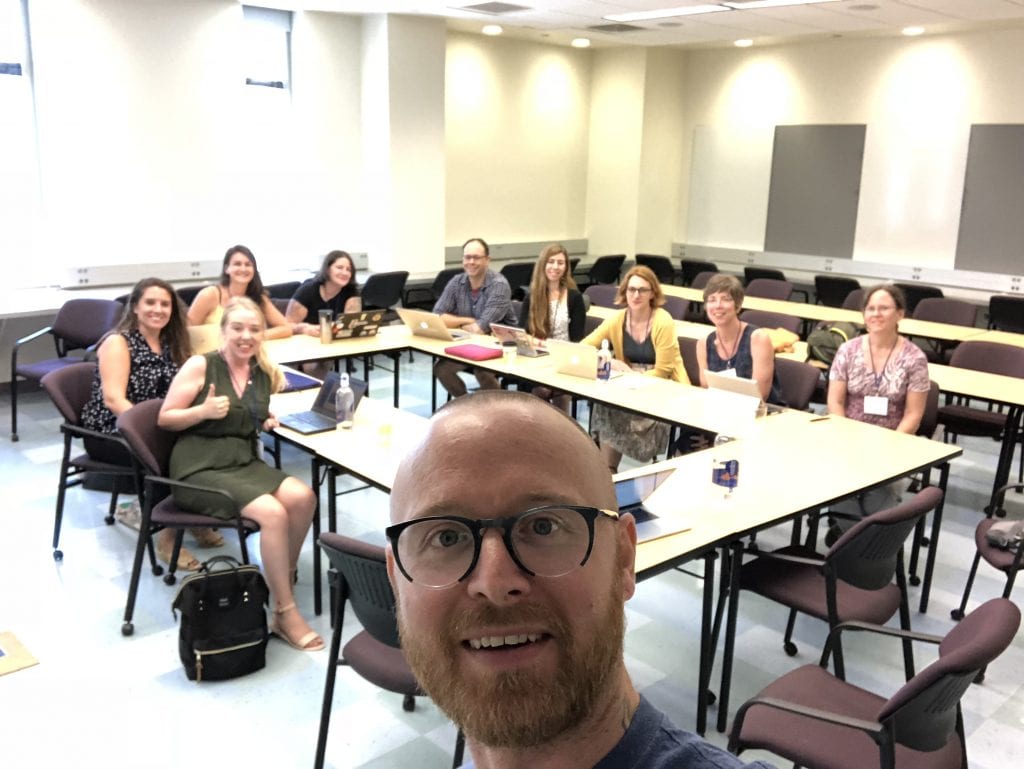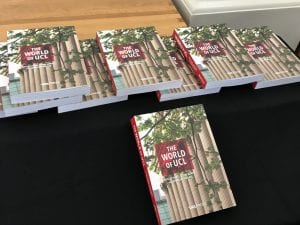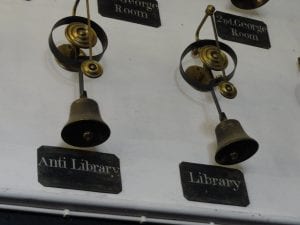Better Science Through Better Data 2018 – Springer Nature in partnership with The Wellcome Trust (Wednesday,14th of November 2018)
By Ruth Wainman, on 19 November 2018
This year marked the fifth year that Springer Nature has hosted the annual Better Science through Better Data conference. The proceedings this year were held at the Natural History Museum – an appropriate venue for discussion about open science considering the museum employs around 300 scientists. The talk was kick-started with a welcome from the Head of Data Publishing at Springer Nature – Iain Hrynaszkiewicz – who introduced the key themes for the conference on ‘making data useable’ and creating ‘accessible and reproducible research’. This was swiftly followed by a presentation from Rebecca Boyles advocating the role of the data generalist through a potted life history of her professional journey into science. Data is becoming such a highly valuable resource that it is now even overtaking oil as the world’s most valuable resource. For Boyles, the rise of the data generalist clearly signals a catalyst for change in the sector. Next Maria Teperek from TU Delft turned the discussion towards FAIR data principles and the challenges involved in managing research data. At TU Delft, part of these challenges are being addressed by the creation of designated data stewards who provide subject-specific support in research data management across the university. Teperek, however, was keen to remind the audience that data stewards are consultants and not police as their main role is to help improve the culture of research. Publishers too have a role to play in helping achieve FAIR principles by enabling researchers to share their data. But still the main obstacle to data management and sharing, at least for Teperek, remain cultural rather than technological.
A series of lightning talks dominated the latter part of the conference. Sophie Adler from UCL gave a talk on how sharing protocols have facilitated the detection of epilepsy lesions. Others highlighted themes such as achieving FAIR data in practice through the development of a web platform (Aliaksandr Yakutovich), the difficulties of gaining consent for data archiving (Jane Seymour) and the pitfalls of achieving open science when the very idea of openness can be called into dispute (Alastair Rae). The lightning talks were followed by further keynote talks from the perspective of those working in publishing and journalism. Magdalena Skipper, Editor-in-Chief of Nature, emphasised the role that publishers play in helping researchers to share their data by pointing to the fact that 60% of Springer Nature journals have now adopted a research data policy. John Burn-Murdoch from the Financial Times turned the audience’s attention towards the visualisation of data by providing some useful tips on how to get the most out of reporting statistical research. For Burn-Murdoch, data visualisation is first and foremost about communication and that perhaps most importantly we should always try to aim for meaningful visualisation. The panel discussion that followed gathered together speakers from different roles across the domain of scientific research including funders, research fellows and professors to discuss the pros and cons of reproducible research. The discussion was facilitated by additional questions from the audience who had the opportunity to post questions as well as to vote for other audience member’s questions online. The panellists ended the day by providing a lively debate about reproducibility by raising questions as to whether all studies need to be reproduced and who gets the glory for it but also what reproducibility actually means.
The slides from the conference will shortly be made available online.
 Close
Close

















